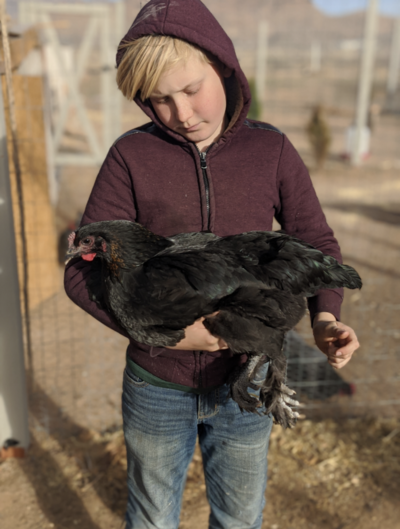Lil Halawakee
Chirping
- Nov 14, 2020
- 16
- 146
- 66
I've researched for six months after our diagnosis. I've leaned on our poultry department at our local university, top scientists, and local extension offices. I'm a prof, myself. And here's the one thing I cannot find anywhere:
How do we live with it if we decide not to cull??
Half of my flock (thirty) lived through the virus. We have been vaccinating our babies and trying to raise them out to join the herd. I'm just not seeing any success stories--or any stories, really, past "is this Marek's?" Because, in our case: yes. It is.
Please. If anyone has had any success raising their own vaccinated chicks and letting them rejoin a Marek's positive flock, let me know your experience? I don't want to cull my babies. It wouldn't really work, anyway, as the virus lives for so long on the property and we are staying put. So. Please. Any stories, any lessons, any hints on how to now go forward are so welcome.
Thanks, Kat
How do we live with it if we decide not to cull??
Half of my flock (thirty) lived through the virus. We have been vaccinating our babies and trying to raise them out to join the herd. I'm just not seeing any success stories--or any stories, really, past "is this Marek's?" Because, in our case: yes. It is.
Please. If anyone has had any success raising their own vaccinated chicks and letting them rejoin a Marek's positive flock, let me know your experience? I don't want to cull my babies. It wouldn't really work, anyway, as the virus lives for so long on the property and we are staying put. So. Please. Any stories, any lessons, any hints on how to now go forward are so welcome.
Thanks, Kat



